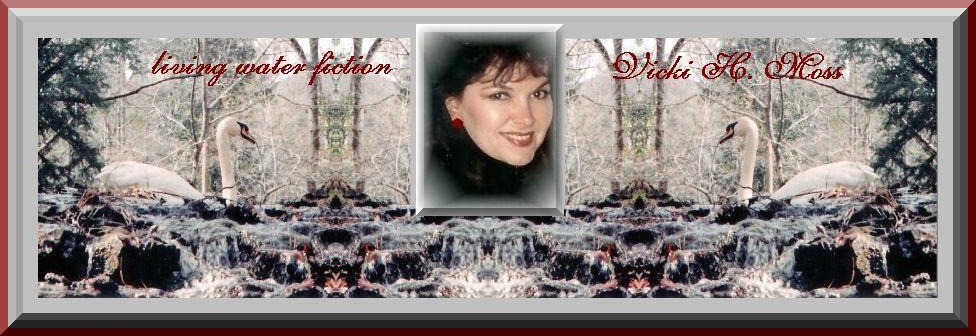
I wake up to see fog on the farm. I can't see clearly too far past the fence, much less the pond. As long as I don't have to drive in it, I love a creepy foggy setting. But this morning, not only is the farm foggy, my brain is foggy and groggy as well. My horizon is a sling-shot launch away. Is there one good story or one good scene or one good sentence in me today?
Who wants to be limited in their outreach and live or write in a perpetual fog?
And then I begin to think about how the brain is like a farm. A farm is made up of fields. They can be plowed. It's time I go to work to burn off the fog and plow my farm.
The brain is like a farm so time to plow the brain.
Now, I know you're probably thinking. What in the world is she talking about? I do believe she's lost her ever loving mind. She has more problems than fog on the farm and grog on the brain.
How can a brain be plowed?
Think about life experiences. Every experience has been registered--or in farming terms, it's been furrowed like a field--into the brain. What vivid memories can I pull from the vast fields of my brain?
Staring back toward the tree line in that photo, there's a riding ring. I could vividly remember a time in the past when I planned to jump my horse over a fence and Casey had other plans, digging his hooves into the dirt and refusing, causing me to fly out of the saddle over his head while he let out a snort and smirked behind. I had the last smirk. I hit the ground running. And there are also stored experiences I can't recall unless something or someone triggers my memory.
In 2008, Benedict Carey published an article titled "For the Brain, Remembering Is Like Reliving." He said, "Scientists have for the first time recorded individual brain cells in the act of summoning a spontaneous memory, revealing not only where a remembered experience is registered but also, in part, how the brain is able to recreate it."
I think, once the pasture (brain) has been plowed, seeds (ideas for a story, scene, or sentence) are planted and watered. They grow into crops (chapters) and there's a final harvest (essays, blog articles, novels, memoirs).
Planting the Seeds:
A seed is planted when an idea pops into my brain--like this morning when I looked outside and fog covered the farm. Something I remembered while staring out into the pasture, something I saw or experienced, something I read, or something someone said planted a seed.
Watering:
To make the seed grow, I must water it. Watering can come in the form of researching an idea or attending writer's conferences.
Weeding:
Of course, to grow a healthy plant, every row of a field has to be weeded to make sure nutrients go to the plants and not the weeds. In the brain's case, I have to weed out all of the information stored I don't need for a particular project to get to the ripe tomato of a story. It doesn't mean those memories I don't need are sent to the compost pile, it just means they're sent back to their holding files for another story, another day.
I also need to weed out all preconceived notions that the chances of my crop being harvested are slim to none, the chances of my novel ever being published are nada, and the chances of my memoir being bought by readers is zip. I weed out negativity about my harvest being a bad crop.
Constructive criticism is a necessity.
However, harsh critiques without positive points and a constructive way to fix any problems are useless, so I cultivate writer friends who are experienced farmers who will give me good tips on how to fertilize (expand the story), how to weed (cut unnecessary content), and how to harvest the rows (complete) of my novel.
Harvesting:
Pulling out every plump carrot the brain has grown from memories to produce a bumper crop (a series) to tempt publishing house editors.
And with this crop in the barn so to speak (and this article written), I look out my window where the sun is high and I can now see the pond clearly. Having burned the fog from the farm, I am ready to begin working on that novel!




